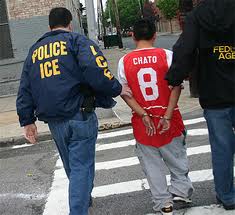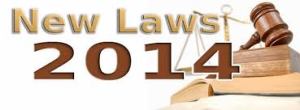
ICE is self-directed to use prosecutorial discretion in focusing on public safety and threats to society
The Fox Valley Law Center Update is an Internet radio podcast focused on sharing news, tips and trends in complex legal issues facing our friends and neighbors in Chicago area. This series features attorneys and guests of The Fox Valley Law Center, the general practice law firm conveniently located at the Westfield Fox Valley Law Center in Aurora, Illinois. Today’s guest is Mary Helen Reyna offers updates in immigration law including the new Illinois temporary visitor’s driver’s license.
Interview questions and topics covered on this show:
1) Immigration reform is frequently in the news and is the topic of political debate. What is the latest?
2) The issuance of Illinois Temporary Visitor Drivers Licenses allows undocumented residents to drive.
3) With news of Justin Bieber’s arrest, people have been talking about criminal law and deportation.
4) ICE is self-directed to use prosecutorial discretion in focusing on public safety and threats to society.
Mary Helen Reyna graduated from The Ohio State University in Columbus, OH with a degree in criminal justice and a minor in Spanish. She graduated from DePaul University College of Law in 2006 and was admitted to the Illinois State Bar during the same year. Mary Helen focuses her practice on immigration law and assisting immigrant clients in a variety of issues affecting the immigrant community of the south and west suburbs. Mary Helen regularly volunteers her legal services.
Visit Fox Valley Law Center online for more about the firm.




